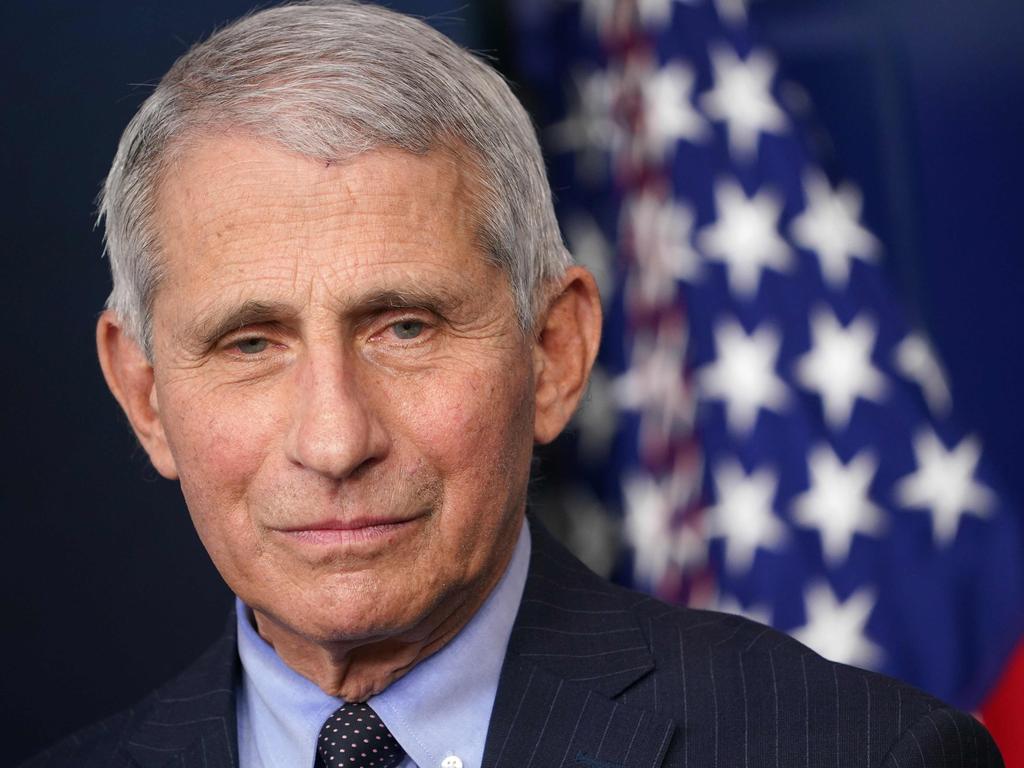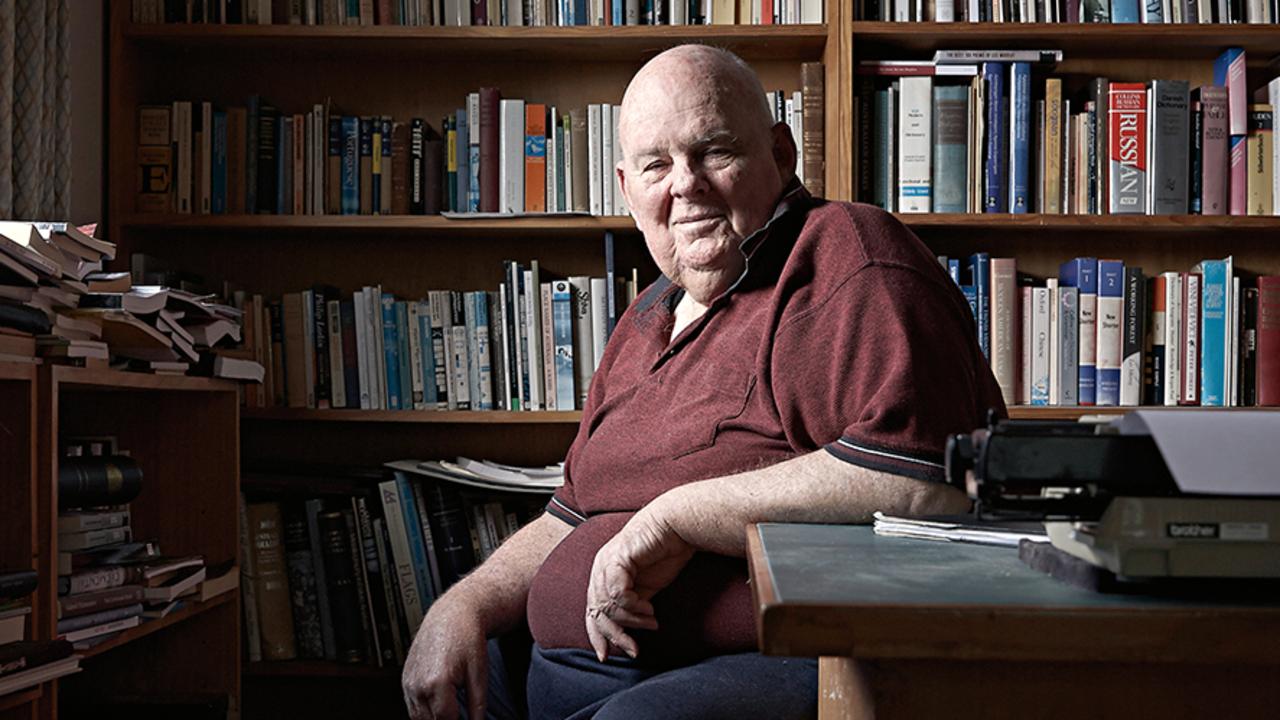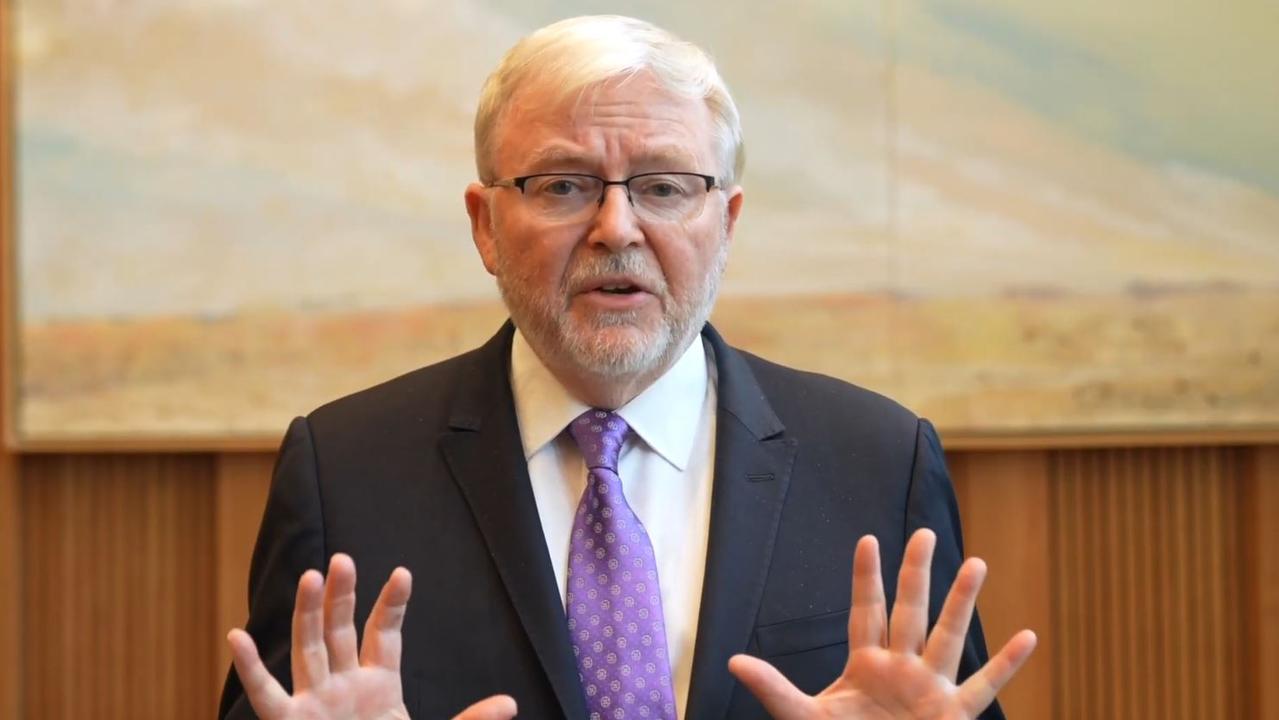Administrative state every bit as harmful as Covid, says historian Niall Ferguson
The greatest tale of pandemic incompetence belongs not to ineffectual leaders or bureaucratic droids but to China itself, says Niall Ferguson.
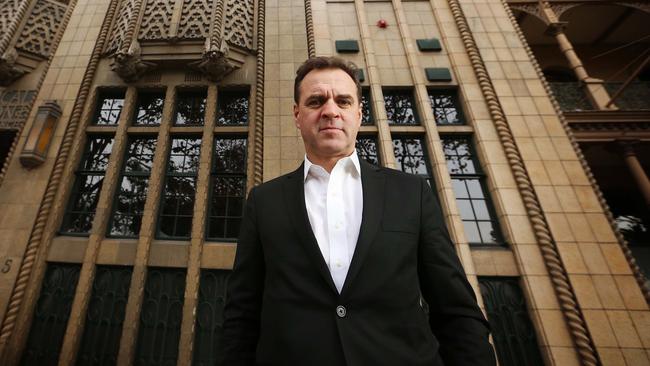
We tend to think of historians as reclusive creatures — scholars who spend their lives sifting through archives, poring over dusty manuscripts and, in some sense, communing with the dead. But while historian Niall Ferguson certainly admits to spending more time with the dead than with the living, he could hardly be described as your average academic don.
For more than two decades, Ferguson has maintained a flourishing academic career, produced a string of history bestsellers, presented several popular documentaries and managed a geopolitical consultancy.
In January 2020 alone, he travelled to London, Dallas, San Francisco, Hong Kong, Taipei, Singapore, Zurich and Fort Lauderdale.
“I used to joke that the lecture circuit had turned me into an ‘international man of history’,” Ferguson says. But it wasn’t until later that he realised he might be one of those “superspreaders whose hyperactive travel schedules contributed to the spread of Covid-19 from Asia to the rest of the world”.
When it came to understanding the threat of the virus, Ferguson was quick out of the blocks — and he won’t let you forget it anytime soon.
“When I first began writing about the prospect of a global pandemic in January, I was seen as an eccentric,” he says. “But I could see that the reaction time was far too slow among governments and key institutions, who just weren’t taking events in China seriously enough.”
In February 2020 Ferguson warned DAVOS delegates that the virus posed a far more imminent threat to the world than climate change. He was largely ignored. But he continued to devote considerable column space in the Times and Bloomberg to the virus, arguing that rates of excess mortality should be ringing alarm bells.
Soon enough cancellations and border closures cleared his frantic travel schedule. And by mid-March he joined the city exodus, retreating with his wife, writer and activist, Ayaan Hirsi Ali, and their two children to a remote log cabin in Montana.
Locked away in his writer’s refuge, Ferguson began to accrue an enormous archive of Covid-related material that would eventually lead to his new book, Doom: The Politics of Catastrophe.
“I’d actually been planning to write a general history of disaster well before the pandemic,” Ferguson tells The Australian. “But the spread of the virus seemed a classic case of how societies have failed to respond to major historical disasters.”
Doom is first and foremost a chronicle of calamity, a book of temporal voyages that riffles from one catastrophic episode to another. It claims that both natural and man-made disasters are almost never purely exogenous: somewhere along the line human error interposes to make things a good deal worse.
In the book’s first half, Ferguson provides us with a zoological framework, a kind of dialectic for disaster, which draws on three established taxonomies: Grey Rhinos (predictable disasters), Black Swans (unforeseen disasters) and the Dragon Kings (seemingly improbable disasters with the capacity to inflict vast damage).
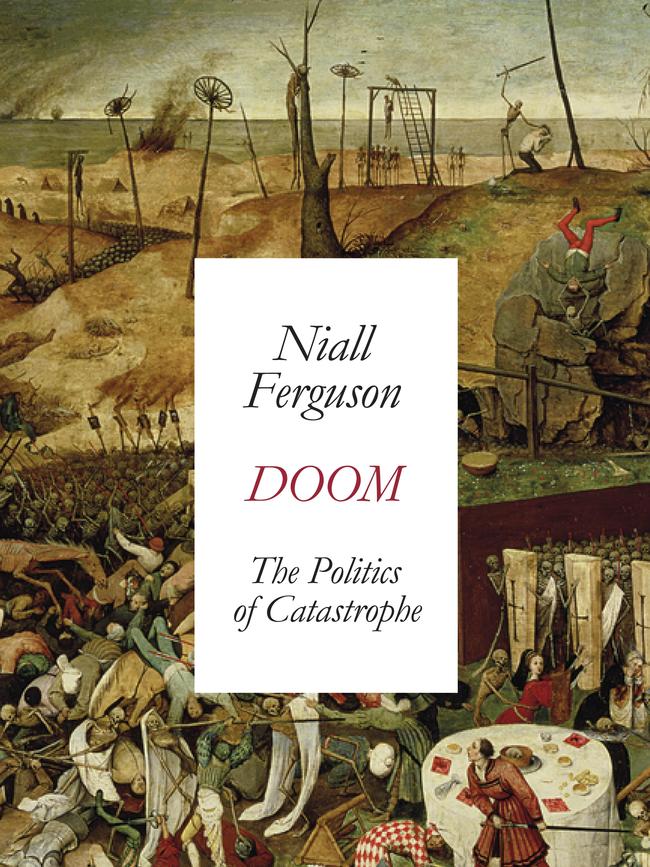
The framework is useful, Ferguson argues, not least because it captures the unpredictability of disaster, but because it shows us no one animal can be king of the jungle. For Ferguson, Covid-19 began as a grey rhino, but soon evolved into a black swan.
“The history of disasters is a history of a poorly managed zoo full of grey rhinos, black swans, and dragon kings, as well as a great many unfortunate but inconsequential events and an infinity of non-events.”
In Doom, Ferguson displays the full scope of his panoptical powers. Whereas the present-day historian seeks to carve out a specialist niche, Ferguson’s instinct is for the exact opposite: big historical questions splashed across an even bigger historical canvas. It’s an approach that’s occasionally landed him in hot water — his 2003 book Empire sparked spectacular uproar among the academic left — but it’s the kind of revisionist grenade that Ferguson seems to relish.
From the Athenian plague first narrated by Thucydides, to the Black Death of the mid fourteenth century, to the Spanish flu of 1918-19, to the much neglected “Asian flu” of the mid-1950s, the history of pandemics lay at the heart of Doom. It follows a sweeping survey of war, famine, revolution, earthquakes and even volcanic eruptions.
Doom asserts that in almost every historical period disasters only become truly epoch-making events when “their economic, social, and political ramifications amount to more than the excess mortality they cause”.
In the context of Covid-19, Ferguson suggests the effects of the virus were compounded by scores of ineffectual institutions, siloed experts and incompetent health bureaucrats. He points to those states who were, “on paper”, the most prepared for the pandemic — the US and Britain — and yet failed in their responses.
“The administrative state,” Ferguson argues, “has produced pathologies every bit as harmful, and perhaps in the long run more so, than the virus SARS-CoV-2.”
Asked what he makes of Australia’s response, Ferguson is generous in his praise: “If you look at the English-speaking countries, and just ask a simple question about fatalities, you simply can’t ignore the success of Australia … I think the Antipodean story is that earlier action and more restrictive measures, particularly with travelling and quarantine, do work.”
But according to Doom the greatest tale of pandemic incompetence belongs not to the middle-management droids in the Centre for Disease Control, nor even to those in Spring Street — but to China itself.
“A common refrain I heard last year was that 2020 proves that China is going to win, but this is a very misleading interpretation”.
“The truth is that the Chinese system was partly responsible for this disaster because of the Chernobyl-like behaviour of the Communist Party officials when the initial outbreak happened … If the system was so great, then we wouldn’t be in this mess in the first place because there would have been earlier recognition.”
“If you look at where this has left China, it’s a bigger economic blow than most Western commentators seem to realise … they’ve underestimated the scale of the shock and the fact that China’s recovery is not going smoothly.”
Despite drawing heavy criticism for his views on China, Ferguson insists he‘s simply observing developments from a purely historical perspective.
“If you ask yourself what are the big disasters that lie ahead, a major war between the US and China is actually a much more proximate problem than global warming … The risk that things escalate from cold war to hot war is really quite serious and the Taiwan problem is the most obvious flashpoint.”
“As a historian I’ve observed that wars often happen by mistake rather than by design, because each side underestimates the other state’s readiness to go to war and I worry we are getting into that place. But nothing is inevitable in history.”
“The worry is that you blunder into a war over Taiwan because the Chinese think they can get away with an aggressive move and then discover — rather like the Germans did in 1917 and the Japanese did in 1941 — that the US will fight.”
“There has been a pattern in history going back to Wilson, Roosevelt, Truman Kennedy and Johnson, where a Democratic president is elected on a domestic policy agenda, but then ends up getting involved in a really big war, so I slightly cringe when people say President Biden is similar to Lyndon Johnson … Don’t they know how that ended?”
Ferguson has been critical of Australia’s complacency on China. In 2018, he said: “What I see in Australia is a debate (about China) that if it was going on in a regional council in Scotland would seem parochial.”
But more than two years on, Ferguson’s views have tempered. “I think I was being a little unfair … Actually, I’ve been struck by how influential Australian analysts have been in the last couple of years on American opinion, and although sometimes the domestic discussion can seem parochial, in truth Australian thinking on China has been extremely sophisticated.”
“This is no longer a debate about tariffs and trade, this is about geopolitics and keeping our Allies from coming under Chinese influence … The pressure on Australia has become a lot more explicit over the last year and I think everyone now realises the stakes are now much higher.”
In early May, Ferguson and his family returned to their home in North California. After a year holed up in his log cabin, Ferguson says the pandemic is far from over. “But, for the moment, I think it’s time I try to resume some form of normal transmission.”





